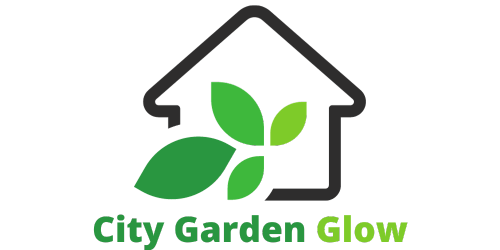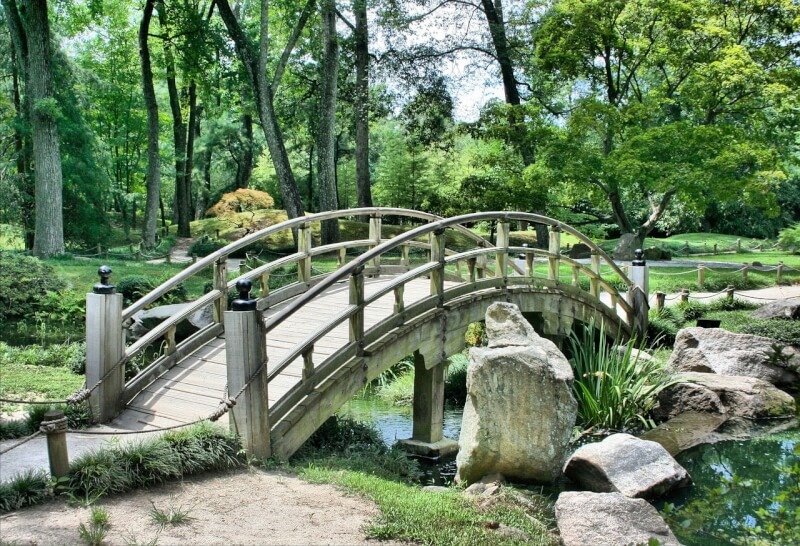Are you planning to start container gardening in the city but feeling overwhelmed about choosing the right soil? You’re not alone! With limited space and resources, selecting the ideal soil for your urban oasis can be a daunting task. In this article, we will guide you through the process of finding the perfect soil for your container garden, so you can embark on your urban gardening adventure with confidence and succeed in growing your own plants and vegetables, no matter the size of your city dwelling.
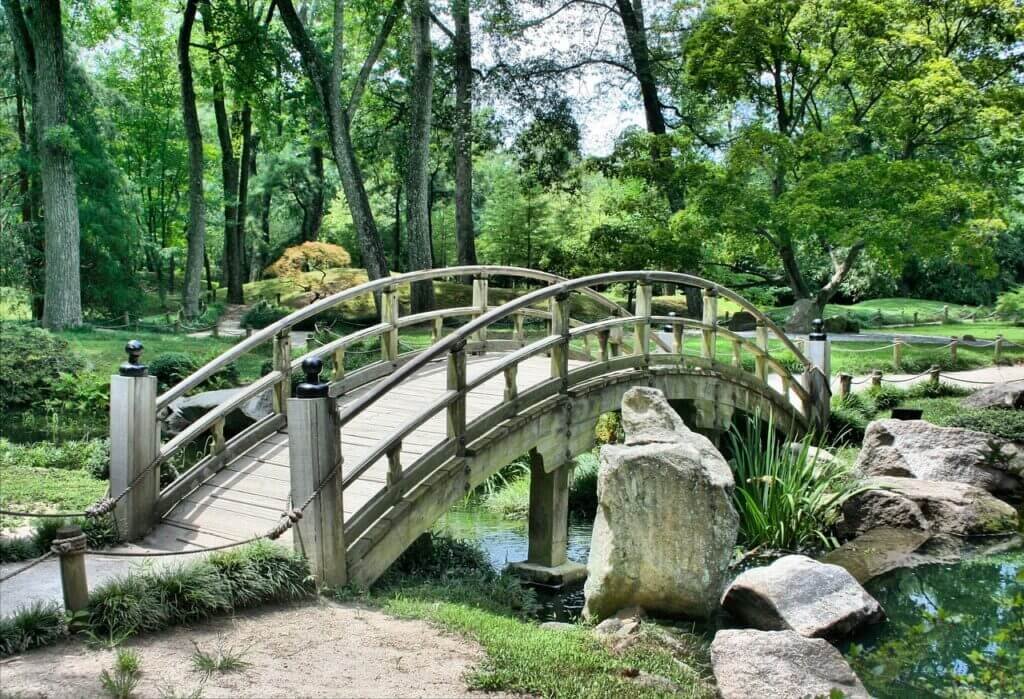
Understanding the Challenges of Container Gardening in the City
Container gardening in the city poses unique challenges that every urban gardener must consider. Limited space, limited sunlight availability, limited access to water, and higher pollution levels are some of the main challenges that you need to overcome in order to have a successful city garden. Understanding these challenges is the first step towards selecting the right soil for your container gardening endeavors.
Limited Space for Gardening
One of the most common challenges faced by urban gardeners is the limited space available for gardening. In the city, finding a large plot of land to cultivate a traditional garden is a luxury that few can afford. However, this limitation shouldn’t discourage you from pursuing your gardening dreams. With container gardening, you can make the most of the space you have, whether it’s a small balcony, a rooftop, or a tiny courtyard.
Limited Sunlight Availability
Another challenge in urban container gardening is the limited availability of sunlight. Tall buildings, surrounding structures, and shadows cast by neighboring structures can significantly reduce the amount of direct sunlight your plants receive. Sunlight is vital for plant growth as it provides energy for photosynthesis. Without sufficient sunlight, your plants may not thrive or may grow weak and leggy. It is essential to consider the level of sunlight your location receives when selecting the right soil for your container garden.
Limited Access to Water
In a city environment, water can be an issue for gardeners. Municipal water supplies can sometimes be limited, or the water quality may not be ideal for plants. Furthermore, depending on your living situation, you may not have easy access to outdoor faucets or a garden hose. This limitation in water availability can make it challenging to maintain the proper moisture levels for your container garden. The right soil can play a crucial role in optimizing water usage and retention.
Higher Pollution Levels
Cities are notorious for their higher pollution levels compared to rural areas. Air pollution, contaminated soil, and exposure to chemicals can have detrimental effects on plant health and growth. Plants in urban areas may be more susceptible to diseases, pests, and other environmental stressors. Choosing the right soil can help counteract the negative effects of pollution, creating a healthier environment for your plants to thrive.
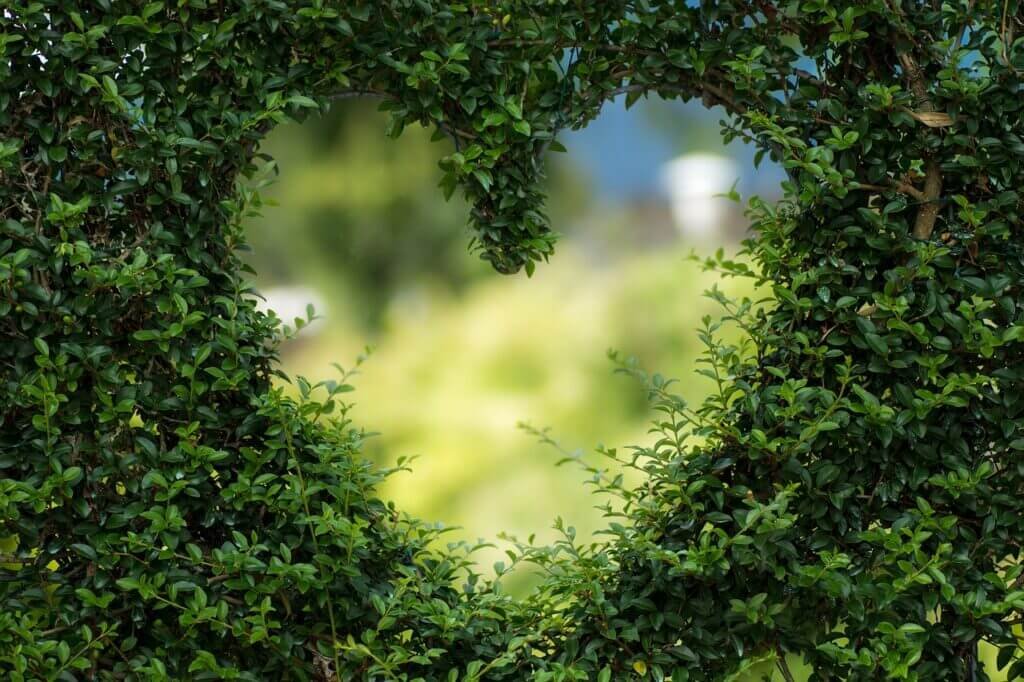
Types of Soils Suitable for Container Gardening
Now that we understand the challenges of container gardening in the city let’s explore the different types of soils suitable for your urban container garden. The right soil composition is crucial for the success of your plants as it provides the necessary nutrients, aids in water retention, and ensures proper drainage.
Potting Mixes
Potting mixes are specially formulated soils that are designed for container gardening. These mixes are typically made from a combination of materials such as peat moss, perlite, and vermiculite. Potting mixes are lightweight, well-draining, and have excellent water retention abilities, making them an ideal choice for container gardening in the city.
Garden Soil
If you have access to quality garden soil, it can be used for container gardening. However, it is important to note that garden soil may not be the best option due to its tendency to compact and hold too much moisture. To improve garden soil’s suitability for container gardening, it is recommended to mix it with other amendments such as compost or perlite to improve drainage and aeration.
Compost
Compost is an excellent soil amendment for container gardening. It is rich in organic matter, which improves soil structure, enhances water retention, and provides essential nutrients to plants. Compost also helps promote beneficial microbial activity in the soil, creating a healthy and fertile environment for your plants to thrive.
Vermiculite
Vermiculite is a natural mineral that is often used in gardening as a soil amendment. It helps improve soil aeration and water retention, making it suitable for container gardening. Vermiculite is lightweight and adds texture to the soil, allowing for better drainage and root development.
Perlite
Similar to vermiculite, perlite is a lightweight mineral that helps improve soil drainage in container gardening. It is commonly used in potting mixes to prevent soil compaction and enhance moisture distribution. Perlite also provides good aeration for plant roots, allowing them to access oxygen and nutrients more easily.
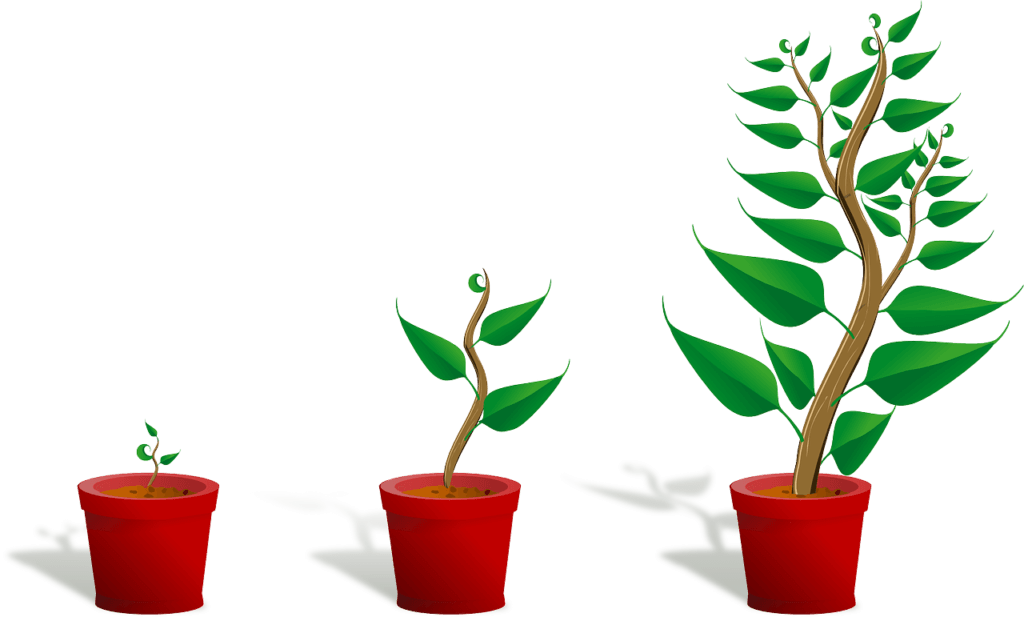
Considerations for Selecting the Right Soil
Now that we have explored the different types of soils suitable for container gardening in the city let’s delve into the key considerations for selecting the right soil for your specific needs.
Water Retention
One of the significant considerations when selecting soil for container gardening is water retention. You need to choose a soil that can hold sufficient moisture for your plants without becoming waterlogged. Potting mixes and compost are excellent options as they have good water retention capabilities while still allowing for proper drainage.
Drainage
Proper drainage is essential for healthy plant growth. Excessive water retention or poor drainage can lead to root rot, fungal diseases, and overall plant health issues. When selecting soil, ensure that it has good drainage properties to prevent waterlogged conditions. Potting mixes, garden soil mixed with perlite or compost, and vermiculite are all suitable choices for ensuring proper drainage in your container garden.
Nutrient Content
Plants require a balanced supply of nutrients for optimal growth. When selecting soil, consider its nutrient content and how it will support your plants’ needs. Compost is an excellent option as it enriches the soil with organic matter and essential nutrients. Mixing compost with other soil types can help create a nutrient-rich environment for your plants.
pH Level
The pH level of the soil is a crucial factor to consider when selecting the right soil for container gardening. Different plants have different pH preferences, and maintaining the appropriate pH level is essential for their overall health and nutrient absorption. Conducting a soil pH test and adjusting it if necessary can ensure that your plants receive the ideal soil conditions for growth.
Texture
Soil texture plays a significant role in container gardening. The texture of the soil affects water retention, drainage, and root aeration. Coarse-textured soils, such as those containing vermiculite or perlite, offer better drainage and aeration. Fine-textured soils, such as potting mixes or compost, retain water well but may require additional amendments for improved drainage.
In conclusion, selecting the right soil for container gardening in the city is essential for overcoming the challenges of limited space, sunlight availability, water access, and pollution levels. Understanding the specific requirements of your plants, along with the considerations mentioned, will help you make an informed decision. By choosing suitable soil options, such as potting mixes, compost, vermiculite, or perlite, you can create an optimal environment for your container garden to thrive. Remember to evaluate the soil’s water retention, drainage, nutrient content, pH level, and texture to ensure the best possible growing conditions. With the right soil and proper care, your city garden can bring you joy and the satisfaction of growing your own plants, even in a limited urban setting.
